
African journalists convene in Kenya to address decade-long media challenges
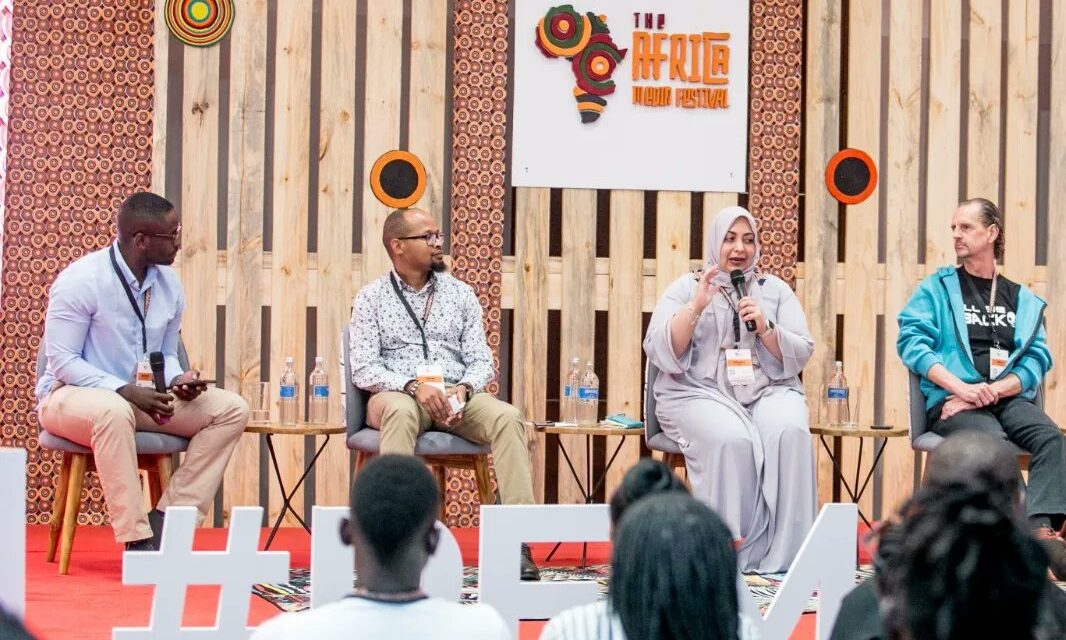
By Tonui Sharon
The inaugural Africa Media Festival drew media professionals and students to Kenya on February 14th, from ten African Countries to discuss the “African media’s future in a digital world.
The two-day festival hosted by the Baraza Media Lab at the Radisson Blu Hotel in Nairobi, also aimed at discussing adaptation and coping mechanisms to help journalists and media owners thrive amidst these issues. The event brought together various media professionals, experts, and enthusiasts from all over Africa to exchange ideas, knowledge, and best practices as well as build networks that will create meaningful impact in their communities and countries.
Keynote speakers and panelists explored major changes in the African media in the last two decades, especially how young people are increasingly gaining access to mobile smartphones, and the internet, facilitating the faster spread of news and creating loopholes for fake news and disinformation. This news goes viral without going through proper fact-checking processes.
The festival suggested the advancement of technology and the need for the African media to adapt to change lest they become irrelevant to the advanced digital world.
Censorship by African governments is another challenge facing African media with governments trying to control the narrative.
In a year marked by conflict and repression, authoritarian leaders doubled down on their criminalization of independent reporting, deploying increasing cruelty to stifle dissenting voices and undermine press freedom. CPJ’s annual prison census has found that 363 reporters were deprived of their freedom as of December 1, 2022, another grim milestone in a deteriorating media landscape.
Eritrea remains the region’s worst jailer of journalists, ranking ninth globally.
Maria Tsehai, a Tanzanian media activist and founder of Kwamza TV, an online media house, says the outlet has been shut down severally over the years by government officials for allegedly broadcasting controversial news.
“We have seen a lot of censorship of the press (in Tanzania), Tsehai said, citing Eric Kabendera’s case as “one of the examples of the government attempting to stifle the press in Tanzania.” The 39-year-old investigative journalist was incarcerated for almost seven months behind for money laundering, tax evasion and assisting a criminal racket. He had “pleaded guilty in order to get his own freedom,” a deal that got him fined $118,000, his lawyer Jebra Kambole had reportedly told media in February 2020.
News distribution and access to uncensored news from different African regions have been difficult and the African Media Festival recommended that there should be increased cross-border collaborations among journalists and media houses to broaden the reach.
Barrack Bukusi, the founder of Shahara, a platform that allows content creators, journalists, photographers, producers, and storytellers to share their content and get paid for it, led a panel discussion on Cracking the digital economy.
The panel discussed how influencers end up making more money than journalists raising concerns about whether content should be paid for. The journalists suggested that media houses should source funding through partnerships, collaborations, localizing content, and government advertising.
“Local journalism is key for media freedom. Ad revenue is used to control media, but solutions exist. We must build a resilient ecosystem, try different models, and respond to our audience,” said Khadija Patel, Chairperson: International Press Institute.
Simon Allison, the Editor in Chief of The Continent, a Pan African Newspaper circulated on WhatsApp, led discussions on stories that are missing in the African media landscape.
The panelists’ discussions focused on stories that are less shared about Africa, stories that don’t get to the international media about Africa, the stereotypical stories about Africa that go out to the media, and the importance of painting and writing our own stories and getting them out there.
Thabiso Sekhula, founder of 1000 Limpopo Secrets, shared how she started the media outlet to publish stories from Limpolo – a less-known town in South Africa – In local languages, as her contribution to bridging the gaps in content distribution and reaching a wider audience.
Other panelists advised sharing of stories and news, through cross-platforms in Africa.
There were also exhibitions at the festival with Mozilla, showcasing their new products. They launched The Hubs, an open-source platform where different content creators can log in and showcase their work in virtual galleries.
They also introduced Pocket, an app where you can read news stories and watch various videos.
In the exhibition stands, photojournalists showcased their photo stories, along with podcasting.
Photos courtesy of the #AfricanMediaFestival

















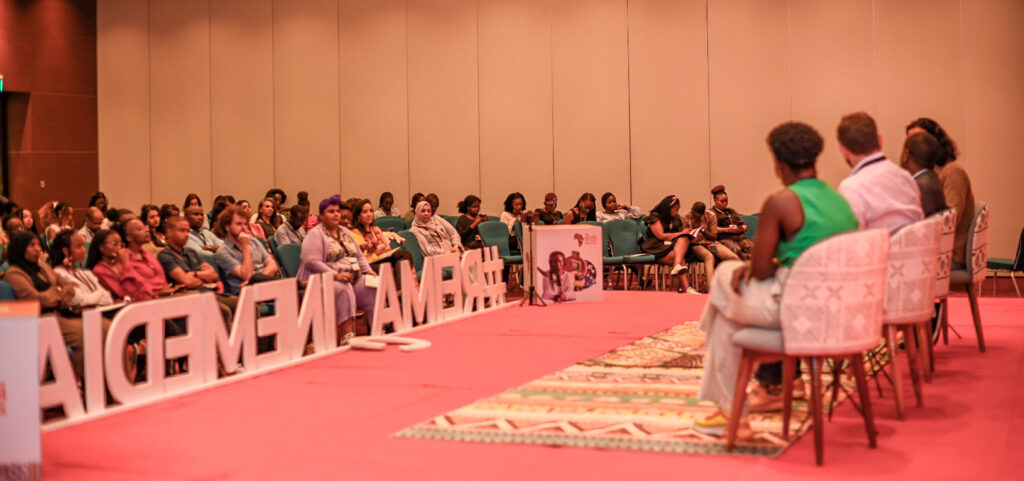
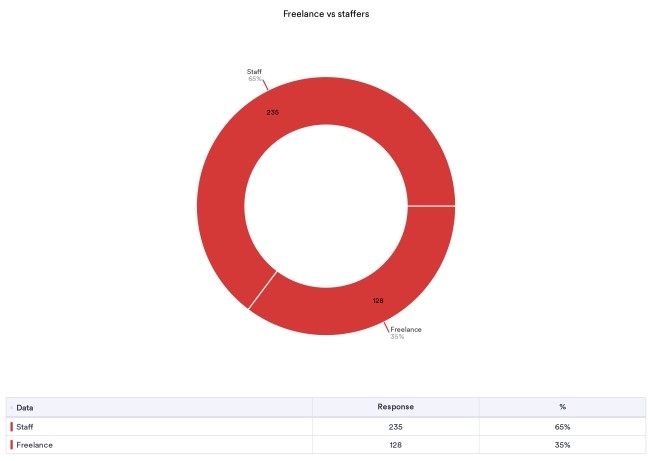
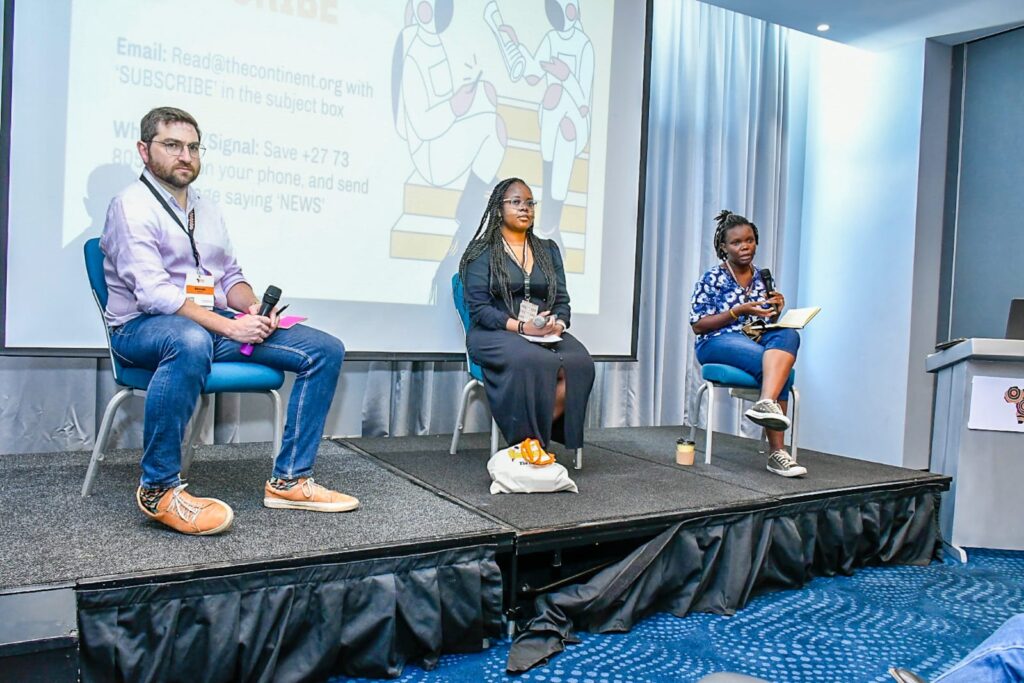
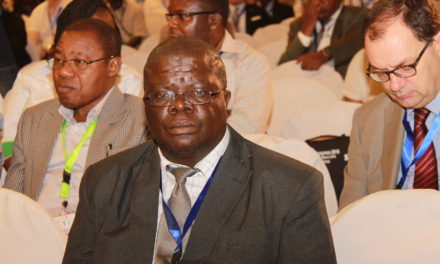
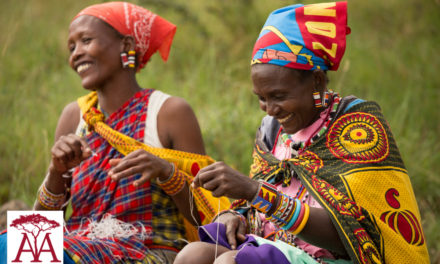
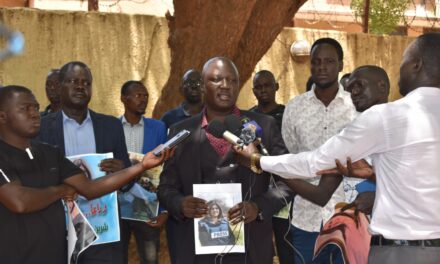
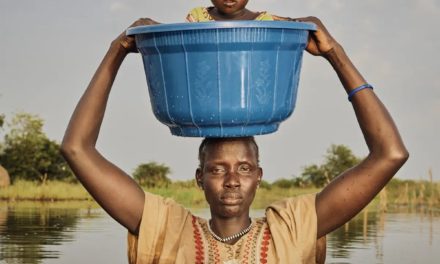
Recent Comments